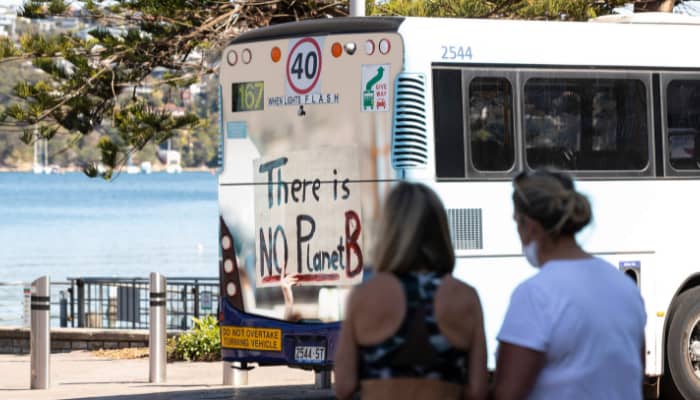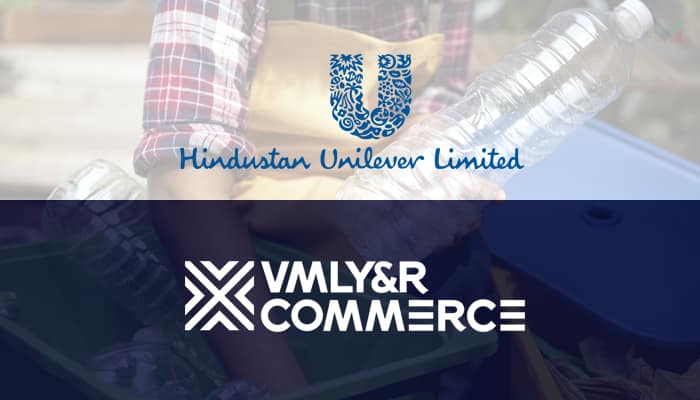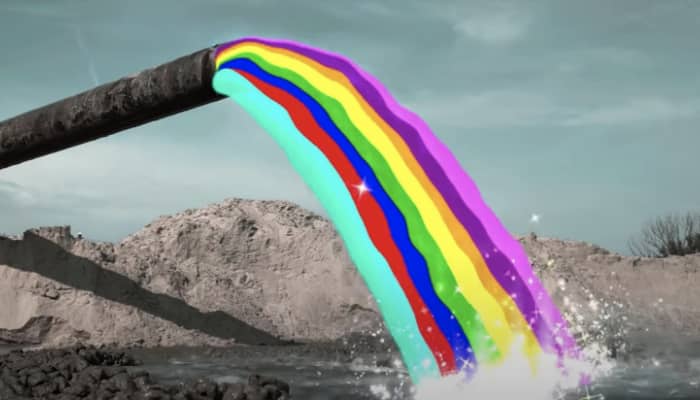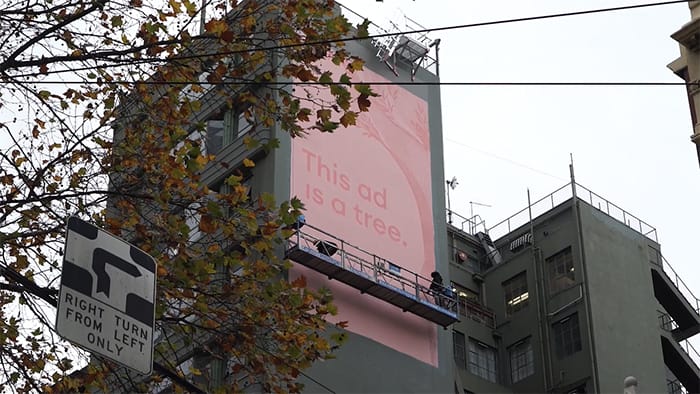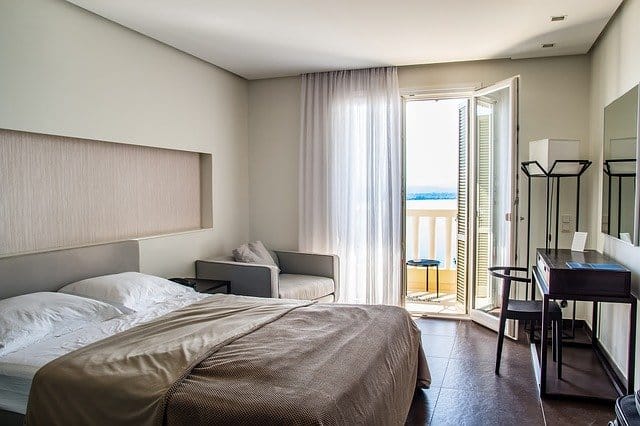Singapore – Peer-to-peer lending platform MoolahSense in Singapore has announced the launch of its newest platform GreenMoolah, which is focused on accelerating green and sustainable financing in Singapore and the region for SMEs.
This is in response to the growing global demand for green and sustainable financing among regional and local authorities, including businesses, that are scaling up efforts to support the reduction of emissions, yet poses a problem for SMEs who are on the search for affordable loans.
The goal of GreenMoolah is to provide a crowdfunding platform to assist SMEs who have been left out to understand and embark on projects within the environmental, social and corporate governance (ESG) framework, as well as to showcase to investors on how sustainable financing can be profitable.
“This not only provides positive contributions to the environment, but also helps investors to embrace the idea of sustainable financing. Such efforts are consistent with commitments under the Singapore Green Plan 2030 to advance Singapore’s national agenda on sustainable development, and places emphasis on the importance of driving high-integrity green finance,” the company said in a press statement.
Leveraging on the GreenTrust Framework, a digital utility spearheaded by MoolahSense as the key underlying technology for interoperability and verification, end-to-end financing for SMEs on the GreenMoolah platform can be instantly authenticated, digitally processed and provenance tracing obtained simply by scanning a QR code that’s embedded into the digital certificates.
For Andrew Quek, investment director at MoolahSense, he believes that most SME owners will want to play their part in the efforts towards sustainability, and yet as business owners, their primary focus would be on profitability. He also added that with limited resources in both manpower and finance, and insufficient related experience, it makes embarking on transformation even more challenging for them
“Through MoolahSense, the green framework we have developed and in the near future digitized with the use of technology like blockchain and IOT, it makes understanding assessments and reporting easier,” Quek stated.
The introduction of the GreenMoolah platform also aims to facilitate the adoption of more sustainable projects within society. With its integration and digitization processes, GreenMoolah is able to reduce the steps needed for applications and at the same time, educate businesses owners on an easy to adopt and transparent process, so that they are able to return and use the GreenMoolah platform in the future.


